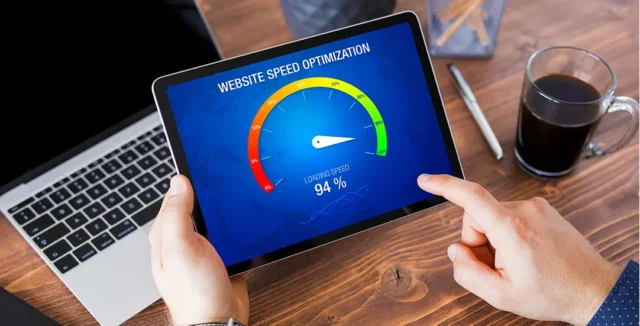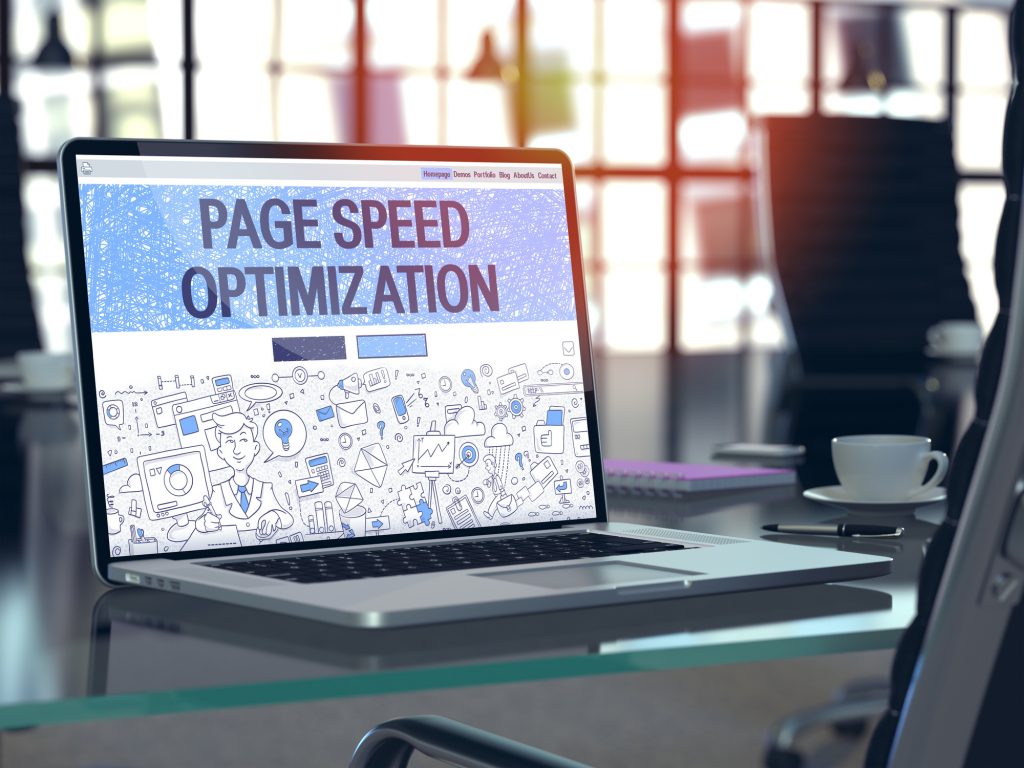In today’s fast-paced digital landscape, where consumers are constantly bombarded with information, website speed is more critical than ever. A slow-loading website can significantly hinder your digital marketing efforts, affecting everything from user experience to conversion rates. Here, we delve into why website speed is essential for digital marketing success and how it impacts various aspects of your online presence.

1. User Experience Matters
The primary reason website speed is crucial is its direct impact on user experience. Studies show that users expect a web page to load in two seconds or less. If your website takes longer, visitors are likely to abandon it in favor of faster-loading alternatives. A seamless experience encourages users to stay longer, explore more pages, and ultimately engage with your content or offerings.
2. Impact on SEO Rankings
Search engines, particularly Google, consider page speed as a ranking factor in their algorithms. A faster website not only improves user experience but also boosts your search engine rankings. Google’s Core Web Vitals, which measure loading performance, interactivity, and visual stability, play a significant role in determining where your site appears in search results. If you want your website to be discoverable and rank well, optimizing speed should be a top priority.
3. Increased Conversion Rates
Conversion rates are a crucial metric for any digital marketing strategy. Research indicates that even a one-second delay in page load time can lead to a 7% reduction in conversions. Whether you’re running an e-commerce site, a lead generation page, or a blog, faster load times can significantly enhance the likelihood of visitors taking desired actions, such as making a purchase, signing up for a newsletter, or filling out a contact form.
4. Lower Bounce Rates
A slow-loading website contributes to higher bounce rates, which occur when users leave your site after viewing only one page. High bounce rates can signal to search engines that your content may not be relevant or valuable, further impacting your rankings. By improving your site’s speed, you can retain visitors longer and encourage them to explore your content, which can lead to increased engagement and conversions.
5. Mobile Optimization
With the rise of mobile browsing, website speed has become even more critical. Mobile users often access sites on the go and may have slower internet connections. If your mobile site is slow, you risk losing potential customers who expect quick access to information. Optimizing your website for speed on mobile devices is essential for reaching today’s audience effectively.
6. Competitive Advantage
In a crowded digital marketplace, having a fast website can give you a significant competitive edge. Many businesses overlook this aspect, focusing solely on content or design. By prioritizing speed, you can differentiate yourself from competitors, offering a better user experience that attracts and retains customers.
7. Enhancing Overall Brand Perception
Website speed contributes to your brand’s overall perception. A fast, responsive site conveys professionalism and reliability, while a slow site can lead to frustration and distrust. By investing in website speed optimization, you not only improve user experience but also enhance your brand’s reputation.
Conclusion
In the world of digital marketing, every second counts. The speed of your website can make or break your online presence, affecting user experience, SEO rankings, conversion rates, and overall brand perception. By prioritizing website speed, you can create a more engaging and effective online experience for your users, ultimately driving your digital marketing success.


No responses yet